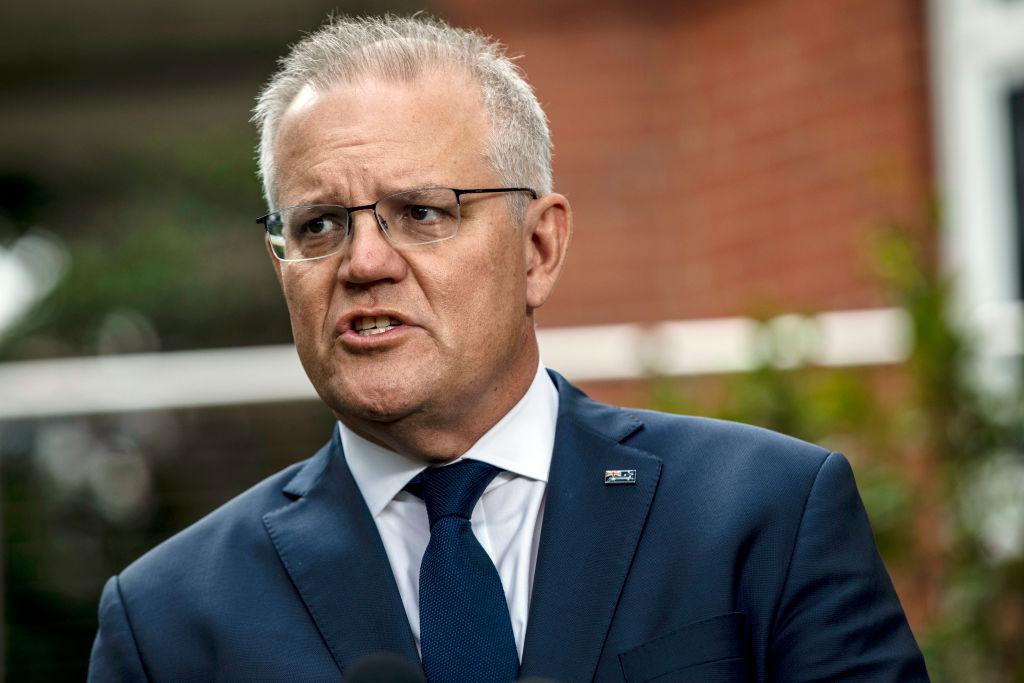As the Queensland government prepares to lift CCP virus restrictions across the state, Prime Minister Scott Morrison has called on all state and territory leaders to hold urgent twice-weekly national cabinet meetings starting Monday, to address problems with the immunisation rollout.
This comes after the federal government last week announced a new advisory about the AstraZeneca jab for Australians under the age of 50, following advice from the Australian Technical Advisory Group on Immunisation.





